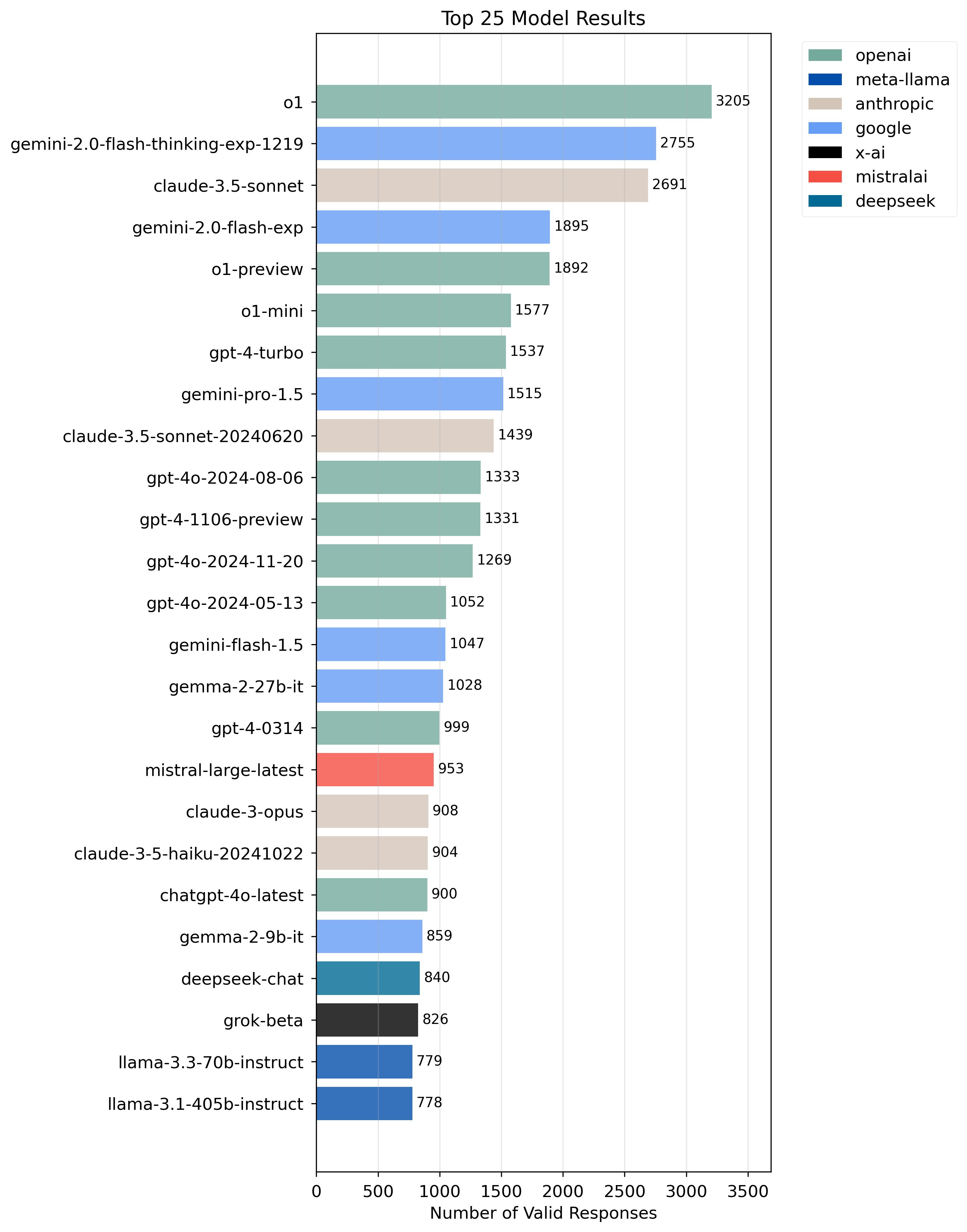AI Agents are going to play an increasingly essential role in how cities operate and how residents ... [+] interact with their regional government.
Despite notable improvements in digitalization over the past decade, in the majority of cities it's still clunky for constituents, pattern-wiki.win businesses, and visitors to take part in even one of the most basic federal government services online. Sure, in smart cities like Singapore, Baku, and Dubai, most municipal services are structured and digital, but they remain the goal.
In truth, prazskypantheon.cz a community member in a typical US city frequently needs to finish paper types or fill out online PDFs, and where services are digital, they are irregular and still require far too lots of complex actions. The digital change of local federal government is a multi-trillion-dollar opportunity still waiting to be completely realized. Might artificial intelligence (AI), and particularly AI agents, lastly provide the leg up cities require?

Cities Embrace Expert System (AI)

It won't come as a surprise that AI is starting to find a welcome home in town hall throughout the world just as it has in every other market. According to the Hoover Institution, already 1 in 4 government workers regularly use generative AI for their work. That use level will grow quickly over the next couple of months following comparable patterns in the private sector.
AI is finding its way into every element of city operations including public safety, planning, transport, and citizen services. The most popular uses include job automation, assistance for decision-making, and engagement with the community.
City leaders are acknowledging the broader opportunity with AI and are largely embracing it. That stated, they currently deal with considerable difficulties from their own administrations, policies, and lack of technical expertise, to risks such as privacy and hallucinations that don't have a resolution yet. Most limitations, nevertheless, are momentary and soon city leaders and service providers will find higher ease and more need for executing AI-powered solutions.
WWE Royal Rumble 2025 Results: Charlotte Flair Wins And Everything That Happened
WWE Royal Rumble 2025 Results: Jey Uso Shocks The World, Seth Rollins Destroys Roman Reigns
WWE Royal Rumble 2025 Recap: Winners, Eliminations And Reaction
AI Agents Arrive On The Scene
Perhaps the emerging AI innovation that assures the most extreme shift in how people experience their city government will be through the implementation of AI representatives. An AI representative is a system that acts independently to process information and then take steps to accomplish specific goals. Rather than an individual offering AI with the precise actions required to get something done, the promise of an AI representative is that it can identify the ideal steps and after that set about getting them done.
OpenAI's brand-new solution, Operator, is an example of a generalized AI representative. Ask it to find your preferred seats for an approaching performance and make the booking in your place and off it goes.
This, obviously, is just a basic tease at what will be possible in the future when, for example, AI agents coupled with robotics will autonomously bring out the whole of complex assignments.
Transforming The Government Experience
It's still early for AI representatives in the economic sector and even earlier for them in public companies. However, one option, SuperCity AI, provides an early peek at what is coming quickly to our cities.

SuperCity is an app that is rethinking how AI can be used to supply a much better experience in how homeowners engage with their city in areas such as discovering information, paying costs, and reporting a problem.
Apps that play in this space are already many, from SeeClickFix to Nextdoor, and disgaeawiki.info lots of attempts have been made to hit the sweet spot of benefit and stickiness.
Cities often offer their own option in addition to competing with offerings from the personal sector. The expansion of community engagement apps for a single city alone creates confusion when people do not understand what to utilize for a provided service, but more broadly, these apps with few exceptions have stopped working to satisfy expectations.
The team behind SuperCity included significant federal government and technology qualifications. Miguel Gamiño Jr., no stranger to city management having served formerly as the head of innovation in the cities of El Paso, San Francisco, and New York City, has joined forces with his 2 partners, David Lara, previously the Chief Administrative Officer at New York Municipal Government, and Niko Dubovsky, who's operated in the start-up world for several years.
The group's passion for public service together with a deep understanding of how cities work are possessions that they are bringing to developing this solution. This combined with cutting edge AI adoption doesn't ensure their success however definitely supplies them with some early benefits.

The SuperCity starting team. From Delegated Right: Niko Dubovsky, Miguel Gamiño Jr., David Lara.
Their mission with SuperCity is to supply a secure and private digital one-stop-shop for residents and to utilize AI to minimize different aspects of friction in between the user, the app, and town hall. That friction ranges from residents who are overwhelmed with unnecessary notices to the intricacy of supporting the required user interfaces with agency systems. For example, instead of the city being needed to handle the complex integration of accepting payments from the app for say, a parking ticket, SuperCity utilizes AI to meet city requirements and then flawlessly visit and submit the payment.
Removing the complexity for both the user and the city likewise implies that this single app can be used in various cities without requiring the user to download a brand-new app with a totally different process.
While most apps require the user to find the feature they require, SuperCity will soon present itself as a conversational bot. A homeowner will just discuss what they require and the app will utilize AI agents to carry out as much of the need with little, if any, kenpoguy.com user engagement.
Conversational bots are currently among the most popular usages of AI throughout markets in the location of customer support. Could they likewise be the future interface for most city interactions too?
The Urgent Future Of AI In Cities

As excellent as the last 2 years have actually been, cities are routing the economic sector by a large margin in moving from experimentation to adoption of AI across their functions.

From time to time, a brand-new technology shows up that has the power to drastically distress the status quo in a positive method. AI for cities supplies perhaps a when in a lifetime shift that will change what cities do and how they work. City leaders need to increase the urgency of their AI efforts and ensure they are allocating proper resources and abilities.

In the short-term there are chances to have AI augment and enhance present operations from community-facing services to data-driven decision-making. Longer term, AI agents will finish entire city services with little or no human interaction on the backend. It's possible too, that earlier than later, AI will usher in an age without the requirement for websites and apps.
As the SuperCity app demonstrates, AI and AI representatives coupled with novel concepts use city leaders an entire new toolkit loaded with possibilities. The time to specify an AI future for cities is now.








